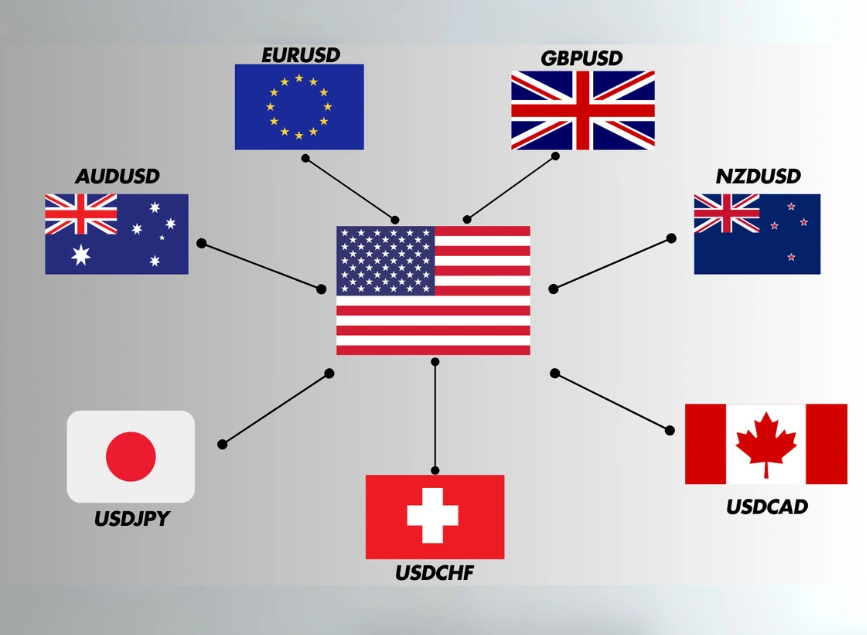
Global Markets React to Escalating Iran–Israel Conflict
As global financial markets react to the escalating Iran–Israel conflict, the intensifying military confrontation between Iran and Israel in the Middle East is shaking economic stability. This analytical report reviews the latest market data and explores potential scenarios in key asset classes: oil, gold, cryptocurrencies, and the S&P 500 index.
Geopolitical Background
The conflict between Iran and Israel has now entered its second week. Ongoing airstrikes and muted diplomatic responses from European powers have heightened concerns about a broader regional escalation, particularly in critical energy chokepoints such as the Strait of Hormuz.
Any disruption in oil exports from the region could trigger severe supply shocks in global markets.
Oil Market Analysis
| Crude Type | Current Price |
|---|---|
| Brent | $76.63 per barrel |
| WTI | $74.90 per barrel |
- Since the start of tensions in early June, oil prices have surged by nearly $10 per barrel.
- If the Strait of Hormuz is blocked or regional oil infrastructure is attacked, prices could spike to $120.
- Short-term moderation may come from high U.S. strategic reserves and OPEC+ spare capacity.
- However, damage to energy facilities in Iran, Saudi Arabia, or the UAE would pose significant risk.
Read More: Cyber Attack Hits Iran’s Nobitex Exchange Amid Iran-Israel Crisis
Gold Market Analysis
| Asset | Price |
|---|---|
| Gold | $3,369.95 per ounce |
Gold has reaffirmed its status as a safe-haven asset amid geopolitical uncertainty. Demand is rising, especially from central banks in China and India, with inflation fears adding fuel to the rally.
📈 If React to Escalating Iran–Israel Conflict continue, gold could climb toward $3,818 by late summer.
Cryptocurrency Market Analysis
| Asset | Price | Volatility Range |
|---|---|---|
| Bitcoin | ~$105,135 | $104,000 – $111,560 |
Bitcoin’s behavior in response to geopolitical tension remains uncertain:
- Some investors turn to BTC as an alternative asset.
- Others are cautious due to its volatility and lack of consensus on its defensive role.
- Crypto markets are currently influenced by a mix of macroeconomic, monetary, and geopolitical factors.
S&P 500 Index Analysis
| Index | Value | Monthly Change |
|---|---|---|
| S&P 500 | 5,942 points | 🔼 +0.03% |
Despite rising tensions and React to Escalating Iran–Israel Conflict, U.S. equities have remained relatively resilient. Analysts attribute this to:
- Optimism over diplomatic resolutions
- Strong domestic economic data
However, a sharp rise in energy prices or further military escalation could put pressure on industrial and consumer sectors.
📊 Comparative Market Impact Table
| Market | Current Price | Middle East Conflict Impact | Outlook |
|---|---|---|---|
| Brent Oil | $76.63/barrel | 📈 Price spike on supply risk | 🚨 Potential surge to $120 |
| Gold | $3,369.95/oz | 🛡️ Safe-haven demand rising | ⬆️ Could hit $3,818 if conflict escalates |
| Bitcoin | ~$105,135 | ⚖️ Mixed reaction, high volatility | 📉 Continued swings based on global news |
| S&P 500 | 5,942 points | 🧱 Relative resilience | ⚠️ Vulnerable to energy shocks |
Outlook & Strategic Scenarios
Global markets face a high-risk geopolitical environment with potentially far-reaching impacts on pricing dynamics.
🚨 Escalation Scenario:
- Attacks on key energy infrastructure or closure of shipping lanes could unleash violent market swings.
- Safe-haven assets (gold, U.S. Treasuries) would gain, while equities and risk assets may suffer.
🕊️ De-escalation Scenario:
- A shift toward active diplomacy and reduction in hostilities could restore market calm and support a return to stability.
📌 Key Takeaways for Investors
- Stay focused on active risk management
- Diversify portfolios across asset classes
- Monitor geopolitical headlines daily
- Look for hedging opportunities in gold and low-correlation assets
Share
Hot topics

Best broker for gold trading
There’s always been a certain magic about gold. Before online charts and trading applications, people stored their wealth in coins and bars, trusting that gold would retain its value during...
Read more




Submit comment
Your email address will not be published. Required fields are marked *